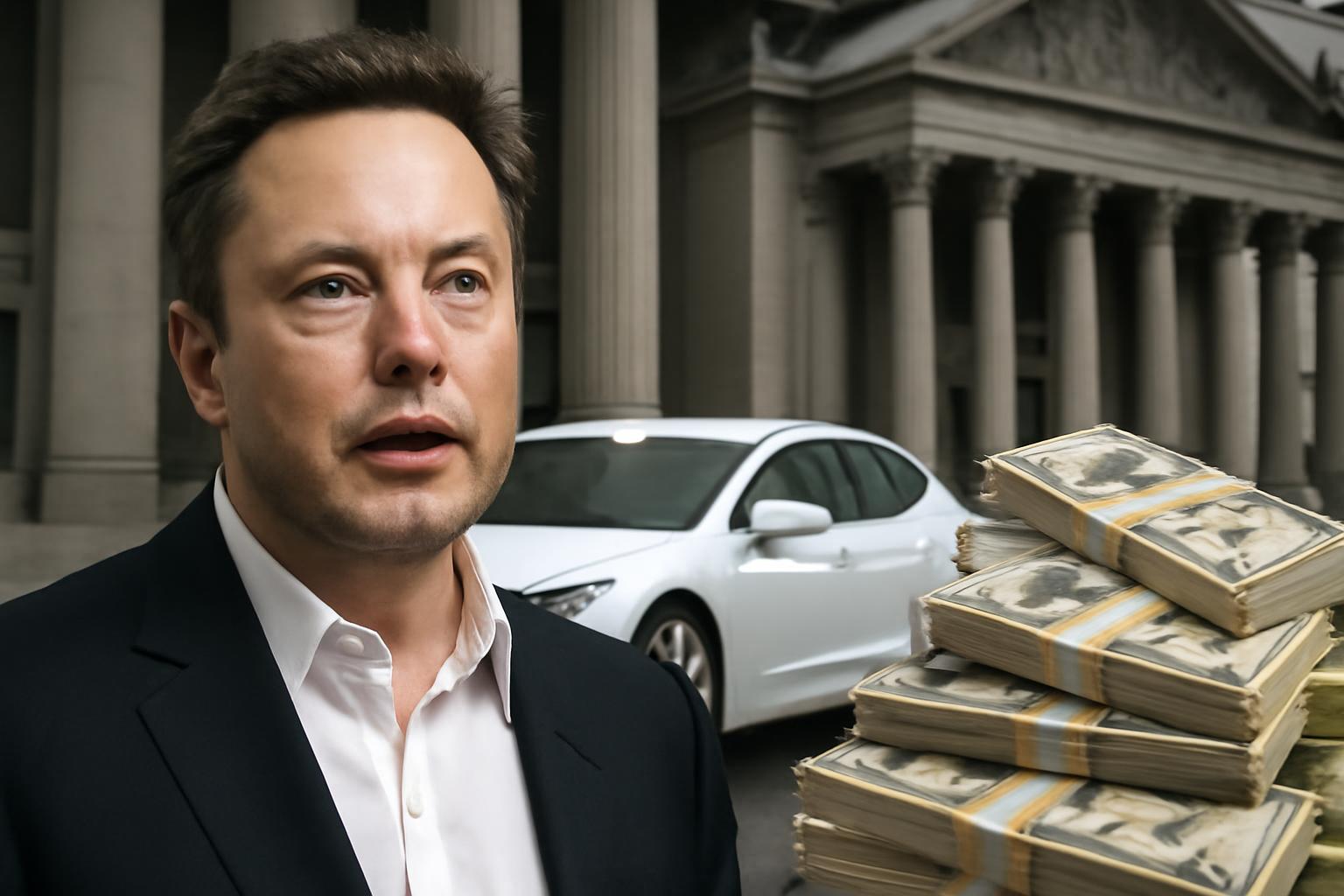Elon Musk, already one of the wealthiest individuals in the world, may reap another colossal reward from Tesla if he remains at the helm for two more years. The arrangement is elegantly simple: Musk would be granted the right to buy 96 million shares at a fraction of their current market price—a transaction that, at current valuations, would net him a staggering $26.8 billion in profit. This development follows a protracted legal saga over an even larger pay package from 2018, which was first struck down by a court on the grounds of excessive influence and insufficient transparency, only to be re-approved by Tesla shareholders. Now, as the legal wrangling continues, the company’s board is eager to keep Musk’s loyalty—with money as their principal lever.
How utterly characteristic of our age! The obsession with central figures, with so-called visionary leaders, has reached such extremes that gigantic rewards are heaped upon singular individuals—not as a product of the market’s calm judgment, but often as the result of boardroom alliances and the cult of personality. But here’s the deeper problem: such spectacular compensation packages are not the result of open competition nor the dispersed knowledge of the market. Instead, they emerge from negotiations whose very transparency and fairness have been challenged, even by the courts.
What is so easily overlooked in the drama of Musk versus judge, Musk versus shareholders, is the quiet abandonment of the principles of the rule of law and genuine market discipline. When corporate governance becomes a battle of personal influence, with oversight bodies acting more like enablers than impartial stewards, we see the dangerous erosion of the institutional frameworks that make free enterprise work in the first place. Wealth generated by entrepreneurial brilliance is one thing; wealth transferred on the basis of insider arrangements, shielded from real scrutiny, is quite another.
Let me be perfectly clear: I do not begrudge any entrepreneur their fortune, if it results from voluntary exchanges and the creative satisfaction of human wants. But what should worry us all is the creeping transformation of our economic order into one where vast privileges are conferred not by the impersonal verdict of markets, but by the sway of individuals over committees and boards, behind closed doors. The concentration of decision-making, and the dependence of whole enterprises—indeed, of whole industries—on the whims and continuance of singular personalities, is a recipe for arrogance, opacity, and ultimately, instability.
We must look past the glamour and the headlines. Are we encouraging the growth of genuine competition, dispersed knowledge, independent oversight? Or are we inching, step by step, toward a new feudalism of corporate princelings, their courts enshrined in Silicon Valley boardrooms? The answer to this question will shape not only the future of one company, but the very fate of the liberal market order itself.
